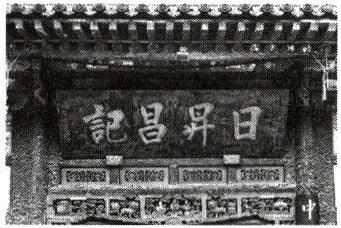七、阅读短文,回答问题(10 分)
Chinese people have always valued honesty. Many stories throughout history show us the importance of this virtue (美德). Let's take a look at two of them.
The first story is about Ji Bu, a general (
将
军) in the Western Han Dynasty. Whenever Ji made a promise (诺言), he would do everything he could to keep it. People respected his honesty, and a saying spread, "It is better to have a promise from Ji Bu than to get lots of gold." Later, the saying turned into, "A promise is worth lots of gold." Even today, we still use it to describe (形容) an honest person.

The other story is from the Qing Dynasty. There was a businessman named Li Daquan. At that time, people mainly used gold, silver (银) and copper (铜) as money. It was all heavy. Carrying a lot of money was also dangerous because others might rob (抢劫) them. One day, a friend suggested that Li set up bank branches (分行) and use drafts (汇票). When people put their money in one branch, they would get a draft. They could then use the draft to get their money back from other branches. Li liked the idea and acted quickly. Words soon spread. Li's honesty in running his bank brought him many customers (顾客). His bank, called Rishengchang, grew to thirty-five branches across the country. As China's first modern bank, it paved (铺设) the way for the banking system in the country.
前 4 题每题的答案不超过 10 个词,第 5 题的答案词数不限。
1. When did the first story happen?
In the Western Han Dynasty.
2. What does the underlined word "it" in the passage refer to (指代)?
The saying "A promise is worth lots of gold."
3. In the second story, what were the advantages (优点) of using drafts?
They were light/easy and safe to carry.
4. What does the passage mainly talk about?
The importance of being honest/honesty.
5. What will you do if you can't keep a promise?
I will say sorry and tell the truth to others.